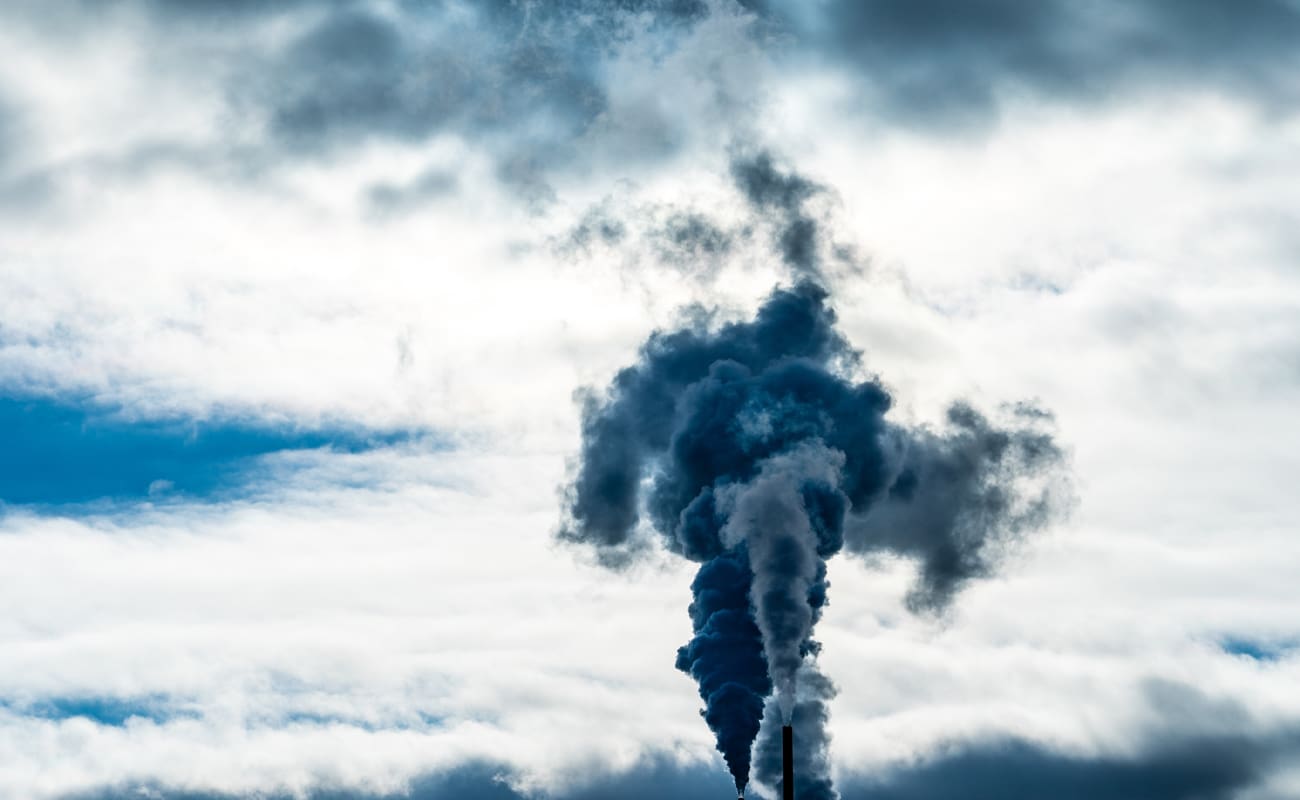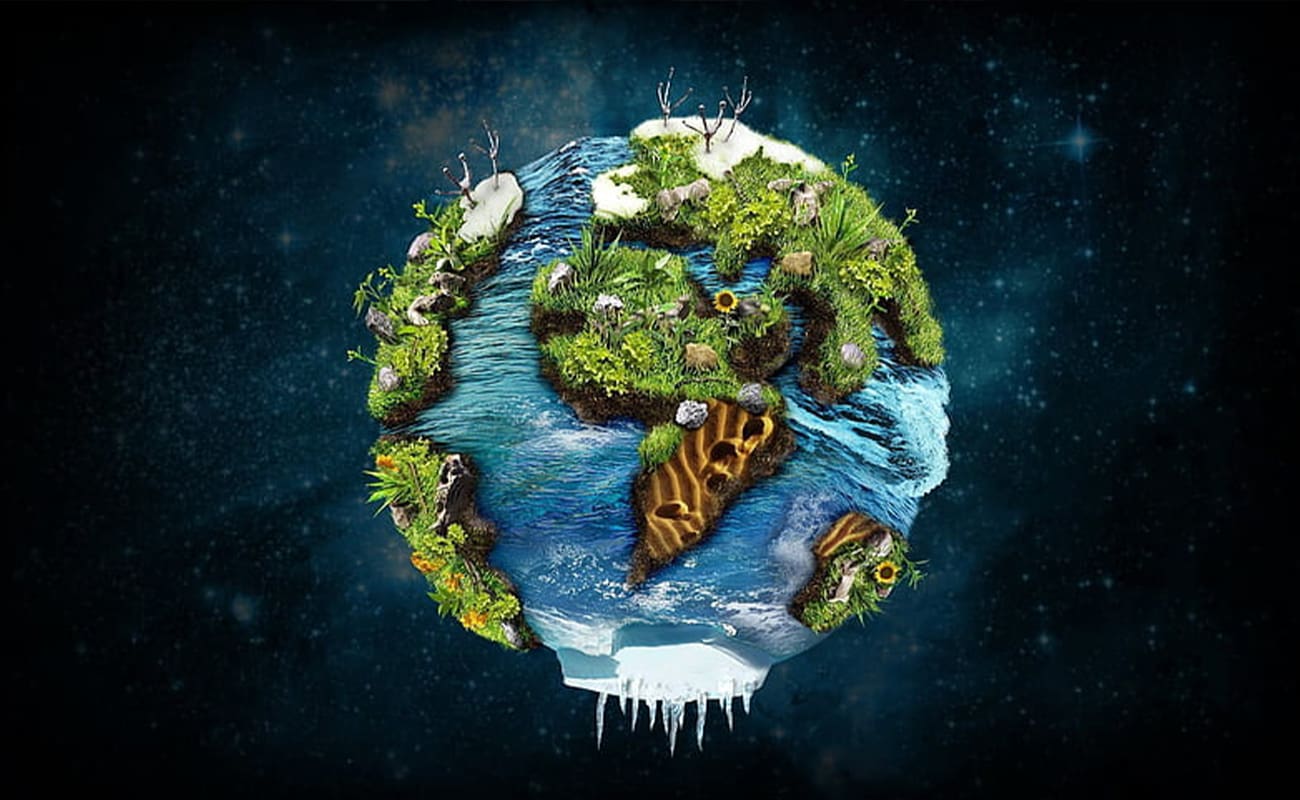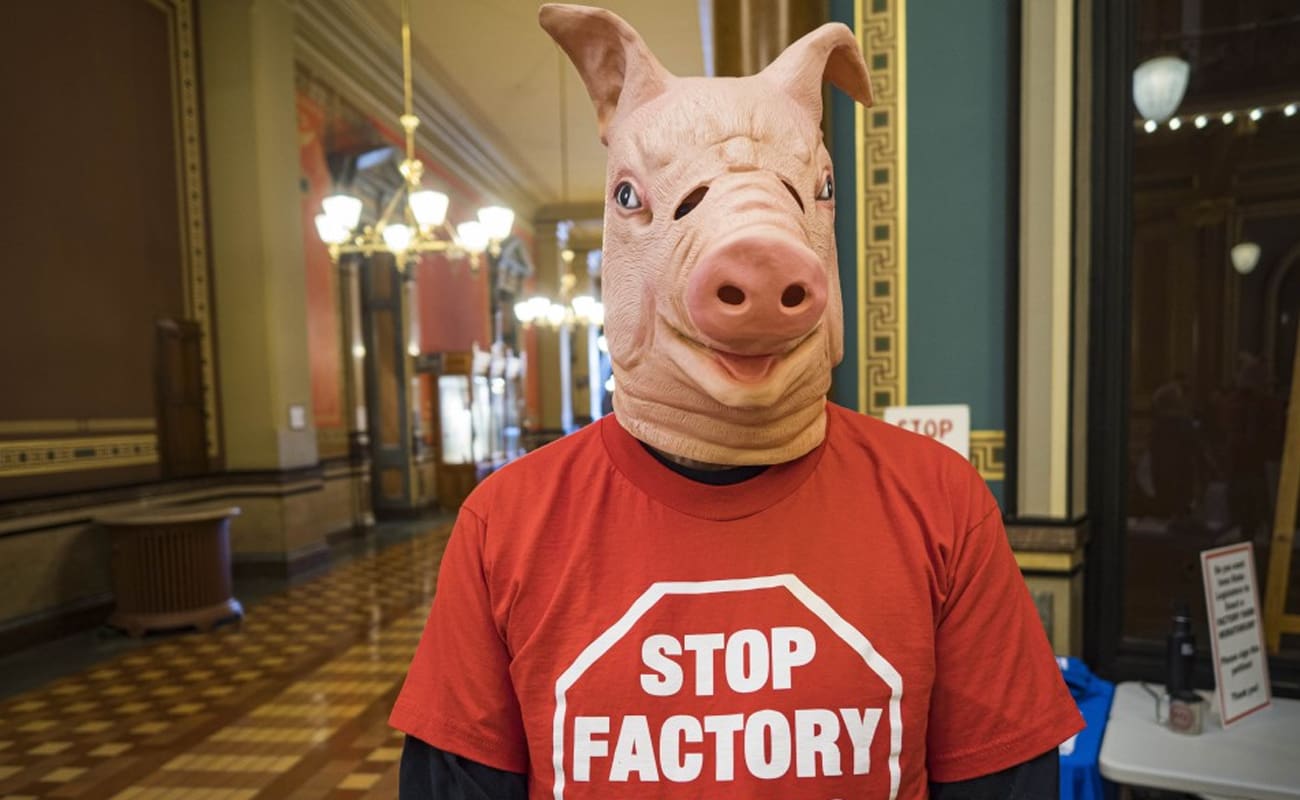Education is a powerful driver of cultural evolution and systemic change. In the context of animal ethics, environmental responsibility, and social justice, this category examines how education equips individuals with the knowledge and critical awareness necessary to challenge entrenched norms and take meaningful action. Whether through school curricula, grassroots outreach, or academic research, education helps shape the moral imagination of society and lays the foundation for a more compassionate world.
This section explores the transformative impact of education in revealing the often-hidden realities of industrial animal agriculture, speciesism, and the environmental consequences of our food systems. It highlights how access to accurate, inclusive, and ethically grounded information empowers people—especially youth—to question the status quo and to develop a deeper understanding of their role within complex global systems. Education becomes a bridge between awareness and accountability, offering a framework for ethical decision-making across generations.
Ultimately, education is not merely about transferring knowledge—it’s about cultivating empathy, responsibility, and the courage to envision alternatives. By fostering critical thinking and nurturing values rooted in justice and compassion, this category underscores the central role education plays in building an informed, empowered movement for lasting change—for animals, for people, and for the planet.
Factory farming, a cornerstone of modern food production, comes with an unsettling price: the widespread suffering of animals. Beneath the promise of affordable and convenient meat, dairy, and eggs lies a system that prioritizes profit over animal welfare. From extreme confinement in gestation crates and battery cages to painful procedures performed without anesthesia, factory farms subject animals to unimaginable cruelty. Overcrowded transport trucks and unsanitary living conditions further compound their distress. As consumers increasingly demand transparency in food systems, it’s crucial to uncover the hidden realities behind industrial farming practices—shedding light on the ethical cost of convenience and advocating for a more compassionate future for all living beings


























































